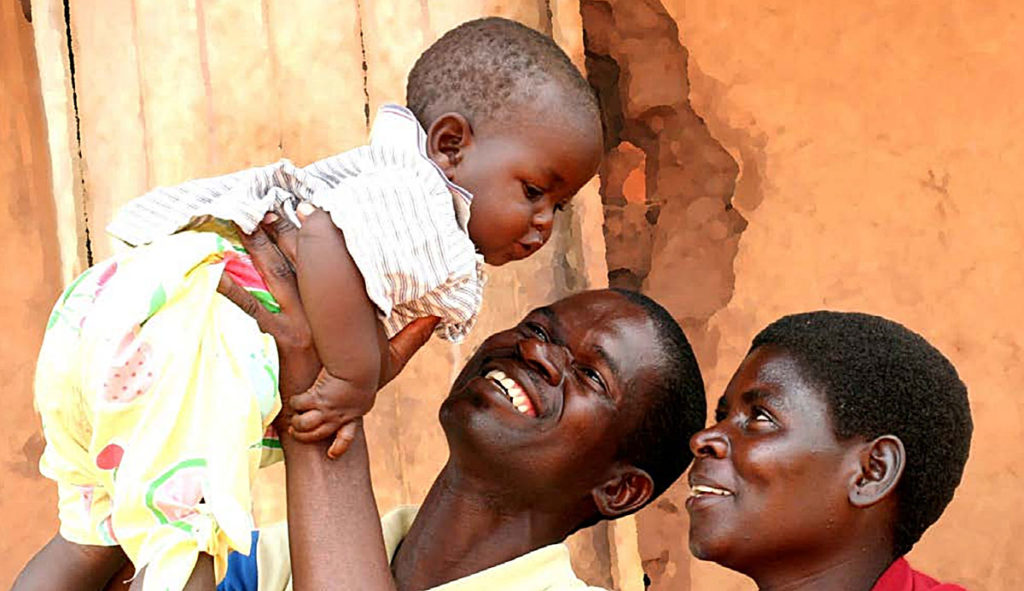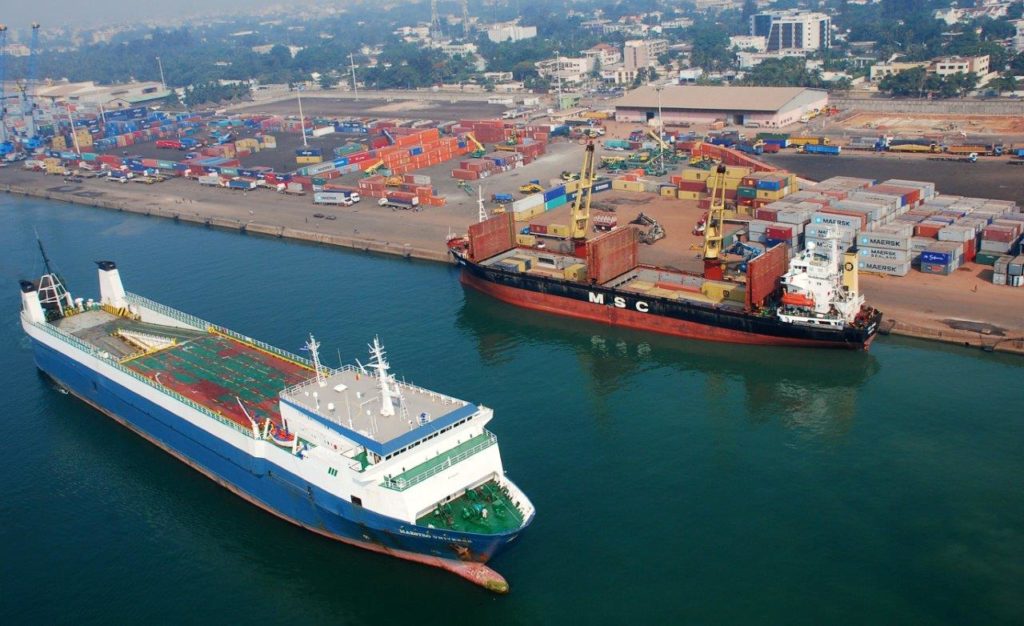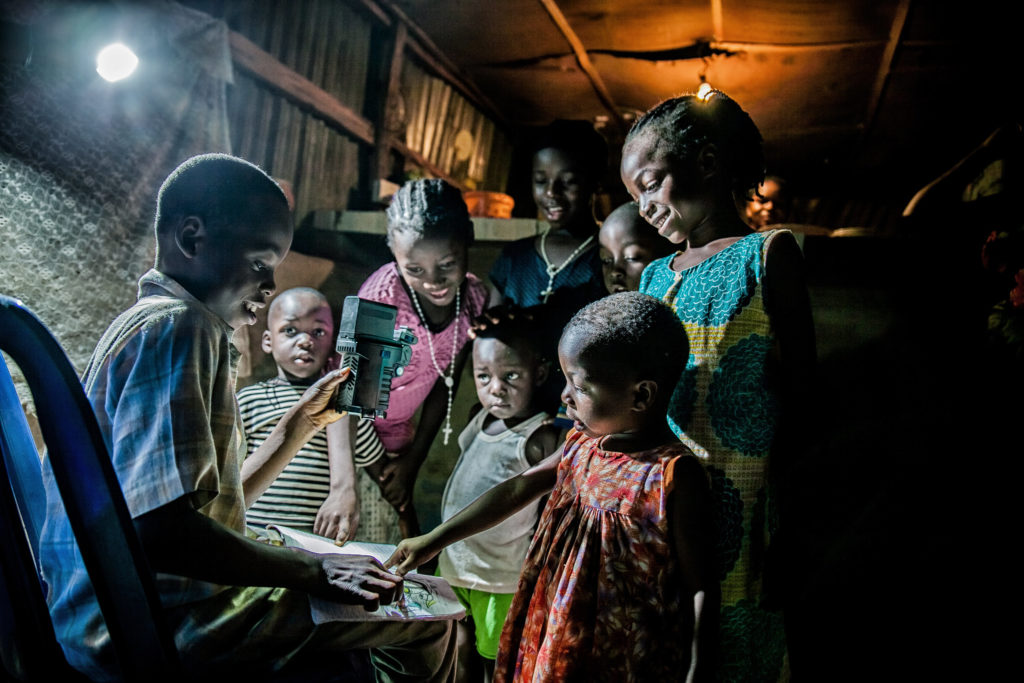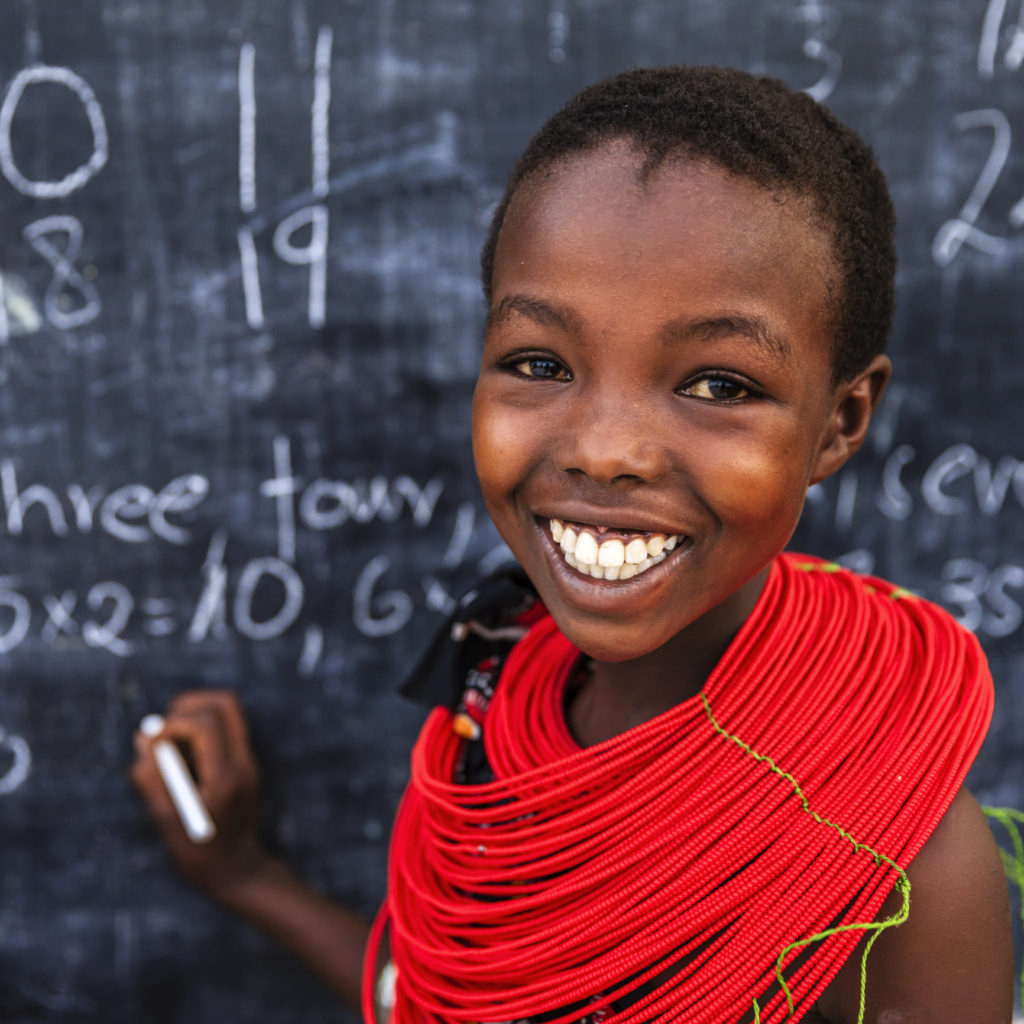

Africa Day 2021 marks the 58th anniversary of the Organization of African Unity—now the African Union—and is a celebration of the diversity and independence of Africa’s 54 countries. The U.S. has a long and robust bipartisan history of support for building partnerships across the continent, especially when it comes to strengthening public health, developing local infrastructure, supporting political stability, and advancing trade.
While Africa has faced new challenges resulting from the COVID-19 pandemic, including rising food insecurity and a disruption of mass immunization campaigns for treatable diseases, America’s investments in partnerships and initiatives have made a significant impact in recent decades, driven by bipartisan support in Congress and transcending presidential administrations.
In celebration of Africa Day 2021, here are five areas where the United States’ partnership with the African continent has led to tremendous progress in recent years.
U.S. global health programs have had a dramatic impact for millions across the African continent, from responding to and containing several Ebola outbreaks in recent years, to strengthening the continent’s public health infrastructure in close partnership with Africa CDC. Two of the most notable and impactful bipartisan initiatives are the President’s Emergency Plan for AIDS Relief (PEPFAR) and the President’s Malaria Initiative (PMI).
The President’s Emergency Plan for AIDS Relief (PEPFAR) was launched in 2003 by President Bush to curb the HIV/AIDS epidemic, which was particularly devastating in sub-Saharan Africa. Since then, the initiative has helped save more than 20 million lives in 50 countries and has seen robust bipartisan support across four successive administrations and 10 sessions of Congress.

In 2020, Africa suffered its worst recession in decades, but the continent is projected to begin recovering in 2021. By 2050, Africa will have at least nine megacities—cities of more than 10 million people—which will be a magnet for an expanding consumer class. U.S. economic engagement with Africa is focused on accelerating trade and private sector investment through a whole-of-government approach from the Departments of State and Commerce, the U.S. Agency for International Development (USAID), the Development Finance Corporation, and the Millennium Challenge Corporation. These investments are especially important as China is continuing to expand its economic reach on the continent—in 2009, China surpassed the U.S. as Africa’s largest trading partner.
Two bipartisan initiatives that have laid the foundation for growing trade relations between the U.S. and the African continent are the African Growth and Opportunity Act (AGOA), which was led by Congressional leaders including House Foreign Affairs Committee Chairman Gregory Meeks (D-NY), Rep. Karen Bass (D-CA) and Rep. Chris Smith (R-NJ), and the Prosper Africa initiative that spans 17 U.S. Departments and Agencies.
The African Growth and Opportunity Act (AGOA) is a bipartisan initiative that has been the cornerstone of U.S. trade policy with sub-Saharan Africa since 2000. AGOA provides duty-free access to the U.S. market for 6,500 products from currently 38 eligible sub-Saharan African countries.
Photo credit: Millennium Challenge Corporation

In Sub-Saharan Africa, 600 million people still do not have access to electricity, representing one of the biggest constraints to economic growth on the continent and creating obstacles to healthcare and education. The U.S. is helping African countries tackle these challenges through Power Africa, an initiative launched in 2013 under President Obama to provide 60 million new households and businesses with electricity by 2030 by leveraging the support of the private sector alongside African governments and U.S. agencies.
The U.S. is helping African countries access electricity through Power Africa, an initiative launched in 2013 under President Obama to provide 60 million new households and businesses with electricity by 2030 by leveraging the support of the private sector alongside African governments and U.S. agencies. As of 2020, Power Africa has created 18.8 million new electrical connections, benefiting over 88 million people and creating a more connected continent.

On a continent of 1.3 billion people, almost 60 percent of Africa’s population is under the age of 25, making it the world’s youngest continent. The U.S. is focusing on Africa’s youth through education and empowerment programs in order to help children and young adults develop their skill sets and expand their educational and employment opportunities—ultimately preparing them to become the next generation of African leaders.
Educating girls has been a primary focus of U.S. education programs across the continent. Girls face many obstacles to getting a quality education, including poverty, pregnancy, gender-based violence, and geographic location. By helping address these roadblocks, girls can tap into their potential and learn lessons and skills that can improve their quality of life and boost their earnings.

Agriculture plays a pivotal role in Africa’s growth and development. In sub-Saharan Africa, 60 percent of the population are smallholder farmers, while 23 percent of the region’s GDP comes from agriculture. But changing weather patterns and extreme-weather events like droughts and heat waves are majorly impacting farmers and their crop yields, which in turn affects economic development, food security, peace, and security. As these patterns continue to fluctuate, the U.S. is incorporating climate resilience into USAID Feed the Future and other regional programs in order to help farmers to adapt and mitigate to the impacts of climate change.
Notifications